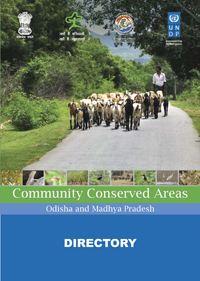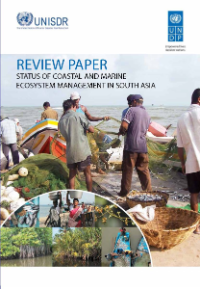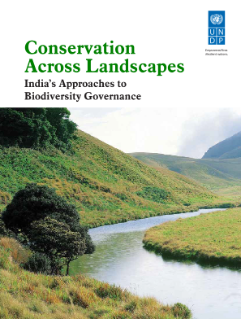UNDP works in some 170 countries and territories, helping to achieve the eradication of poverty, and the reduction of inequalities and exclusion. We help countries to develop policies, leadership skills, partnering abilities, institutional capabilities and build resilience in order to sustain development results.
Inclusive growth, better services, environmental sustainability, good governance, and security are fundamental to development progress. We offer our expertise in development thinking and practice, and our decades of experience at country level, to support countries to meet their development aspirations and to bring the voices of the world’s peoples into deliberations.
In 2016, UNDP is continuing its work to support the 2030 Agenda for Sustainable Development and the 17 new Sustainable Development Goals (SDGs), or Global Goals, as they help shape global sustainable development for the next 15 years.
UNDP focuses on helping countries build and share solutions in three main areas:
In all our activities, we encourage the protection of human rights and the empowerment of women, minorities and the poorest and most vulnerable.
Members:
Resources
Displaying 71 - 75 of 362Towards Creating a Model Forest and Scheduled Area Governance in Chhattisgarh: A Manual on Forest Rights Act and PESA
This manual has been prepared under the auspices of the Government of India and UNDP project on "Access to Justice for Marginalized People." The simplified user manual aims to raise awareness of two crucial legislative acts which together expand the legal rights of some
Research Strategies for Conservation of Coastal and Marine Biodiversity in the East Godavari River Estuarine Ecosystem (EGREE), Andhra Pradesh, India
The report outlines 58 research programmes based on group and panel discussions at the national consultation cum stakeholders workshop held in May 2012 in Kakinada, Andhra Pradesh. These research programmes are expected to enable conservation of coastal and marine biodiversity in the East Godavari River Estuarine Ecosystem region in Andhra Pradesh through developing an integrated management plan for the region, restoring threatened species and their habitats, and improving livelihoods of local communities.
Community Conserved Areas: Odisha and Madhya Pradesh- Directory
The Directory provides an overview of community-led conservation efforts in two states of India – Odisha and Madhya Pradesh. It captures the diverse and often innovative approaches adopted by communities to conserve ecosystems and species.
Review Paper: Status of Coastal and Marine Ecosystem Management in South Asia
The coastal sub-region of South Asia including Bangladesh, India, the Maldives, Pakistan and Sri Lanka harbours some of the world’s most significant coastal and marine ecosystems such as coral reefs, mangroves, seagrass meadows, river deltas and estuaries. They play a crucial role in reducing the effects of natural disasters. The paper reviews the status of coastal and marine ecosystem management in the region to enable adoption of an integrated approach to ecosystem management for effective risk reduction.
Conservation Across Landscapes: India’s Approaches to Biodiversity Governance
The publication examines five biodiversity governance models that have helped conserve India’s natural landscape. It presents salient features of these models and explores their effectiveness in conserving biodiversity, providing community access to resources and sharing of benefits and institutional design.






